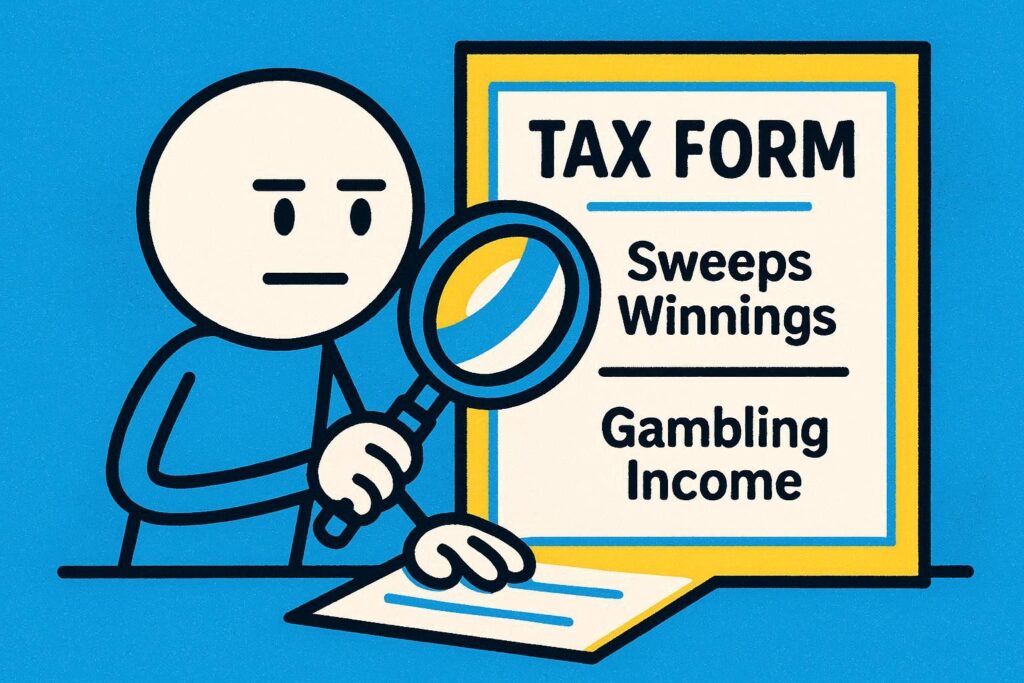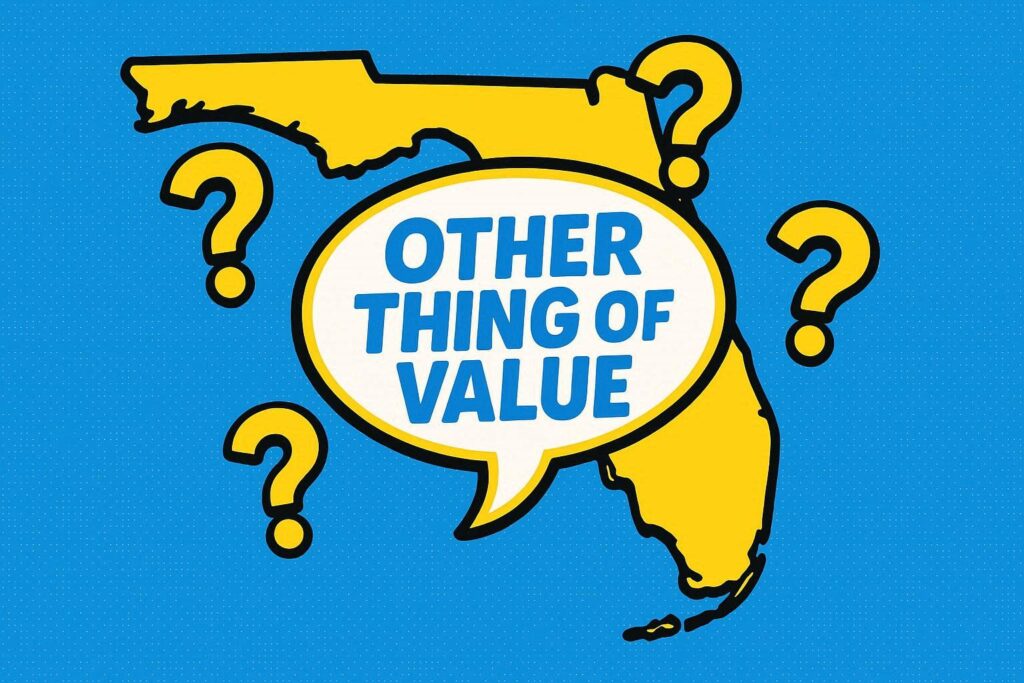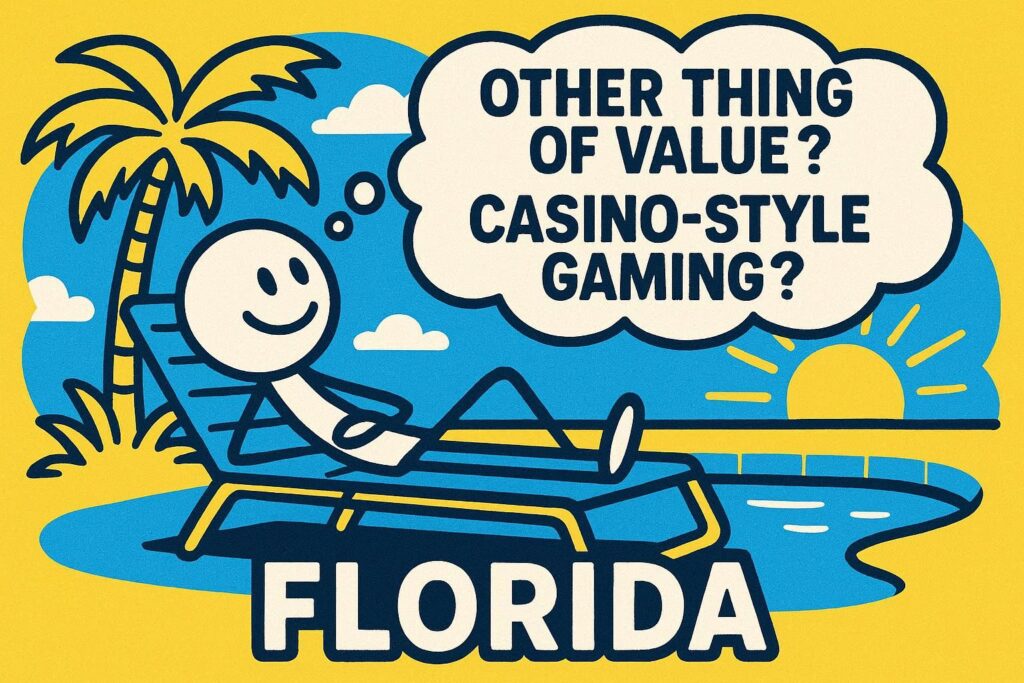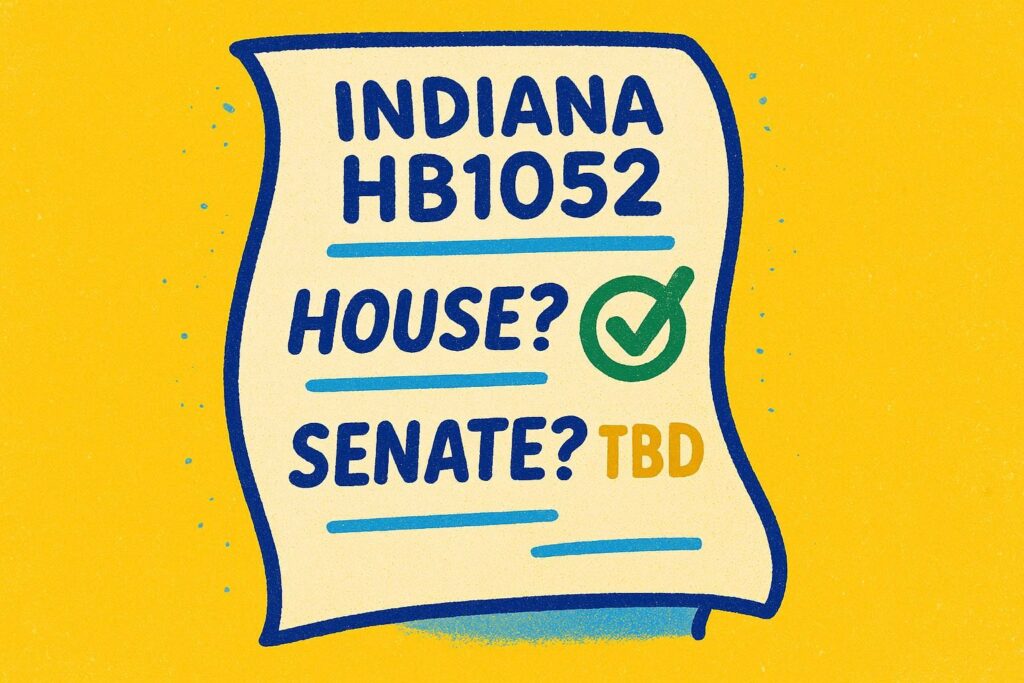While the online predictions market has come under heavy fire in recent months — what with states sending cease-and-desist letters to operators such as Kalshi, which, in turn, has taken Nevada and New Jersey to federal court — the vertical continues to remain a hot topic and a relatively popular product.
From the sideline, online sweepstakes operators have faced similar scrutiny, with many states drafting bill proposals to outright ban sweepstakes gaming. While those platforms bank on the success of their casino-style games, a select few seemingly offer sports betting-like features. And an even smaller group has followed the prediction market template.
“There’s no reason, I don’t think, that people shouldn’t do prediction markets with sweeps right now,” said Dustin Gouker, founder of Closing Line Consulting. He added: “The very easiest way to do it is as a sweepstakes.”
Which begs the question: Why don’t more online sweepstakes operators incorporate prediction markets?
Could prediction markets come to online sweeps casinos?
Gouker said he has discussed this very question with sweeps companies that have considered making the leap to predictions. The problem, he has been told, is if those sweepstakes operators can still offer their bread-and-butter product: casino-style gaming.
“I don’t see why not,” Gouker said, adding that companies could use the offering as customer acquisition and introduce their core product to those new users. What’s more, he continued, they can offer markets that Kalshi isn’t even doing.
“You can do whatever you want if you’re doing prediction markets if you’re doing it as sweepstakes,” Gouker said. “Anything you want to predict in the world, whether it’s politics or economic indicators or sports, you can do whatever.
“There might be an argument to do one that’s not sports, so you can get all the cultural stuff. Who’s going to win the WWE title? Do all of that stuff — keep it a little separate from sports because it’s a weird fit for it all to be in the same place in some ways.”
Not a revenue-driver, but could acquire customers
Such is the argument for middle-tier operators. They, at least, should seriously consider integrating prediction markets, Gouker suggested. Especially if they get into the more cultural-related field, which can differentiate those middle-tier performers from the rest of the pack.
Granted, Gouker emphasized, this area has not proven to be a major money-maker for the likes of Kalshi.
“Everything else they do is just kind of noise,” he said.
But, he went on, having that offering “might drive interest” and could be “very good in terms of brand recognition, link acquisition, and customer acquisition and marketing.”
Perhaps sweeps operators introduce prediction markets on reality shows. Who the next pope will be (although we obviously now know). Anything Kalshi has, Gouker said, “multiply it. You can do whatever you want.”
“Are people going to bet on that? You have to have a user base,” he said. “I don’t think it’s going to make anyone a ton of money, but I think it’s really good at customer acquisition and marketing your brand.”
Why not try other things?
Of course, any sweeps operator can create a list of many reasons not to implement prediction markets. Ongoing legislative battles will top that list. Since the new year, 11 states have introduced bills that would effectively prohibit online sweepstakes gaming within their respective jurisdictions. So far, only Montana has successfully pushed a proposal across the finish line, and it now awaits the governor’s signature.
Certainly, one could argue that online sweeps operators might feel trepidation integrating prediction betting into their products, especially considering the aforementioned vitriol Kalshi stirred up.
However, as Gouker pointed out, groups such Novig and ProphetX currently do just that: Offer prediction markets as a sweeps-style platform. (Both began as licensed sportsbooks in New Jersey.)
Gouker noted that there’s seemingly “no functional difference” between Novig or ProphetX and Kalshi in terms of how the offering works. Perhaps “a little bit,” he conceded, but “there’s still an exchange. People are betting against each other [rather than the house, as sportsbooks operate].”
Again, then, why don’t more sweepstakes platforms do the same?
“I’m not writing their legal opinions for them,” Gouker said, “but I’d be throwing everything with the kitchen sink at it. Why would you not try to do other things?
“That goes beyond predictions markets. You should try whatever as a sweepstakes model. Casino is obviously the most lucrative model of all that.”
Prediction markets could take away from core product
Of course, it would make sense for a sweepstakes operator to creatively look for ways to offer a product that is vastly different from traditional casinos and sports betting. Gouker added that throwing in prediction markets “feels lower-leverage” and won’t anger lawmakers (at least any more than their current levels).
That said, getting back to the original question: Why don’t sweepstakes operators integrate prediction markets?
“It’s not going to make as much money as a casino,” Gouker said. “The sweepstakes casino is the most valuable version of the sweepstakes model, and that’s not going to change.”
Arguably, while diversifying could prove positive, it could take away from that core product. Especially, as Gouker predicted, considering that “sweepstakes is going to survive,” assuming larger states such as California and Texas don’t ban them. (Although a current Texas bill may be one to watch.)
“If you’re a casino, does this make it confusing for a user or do you want those users?” Gouker said. “Maybe those users aren’t as valuable. There’s a lot of calculus in it. I think it is interesting for someone who’s going to do [a market] that’s not just sports but everything else, that’s interesting. I think somebody should try that. Whether anybody does or not … ”








